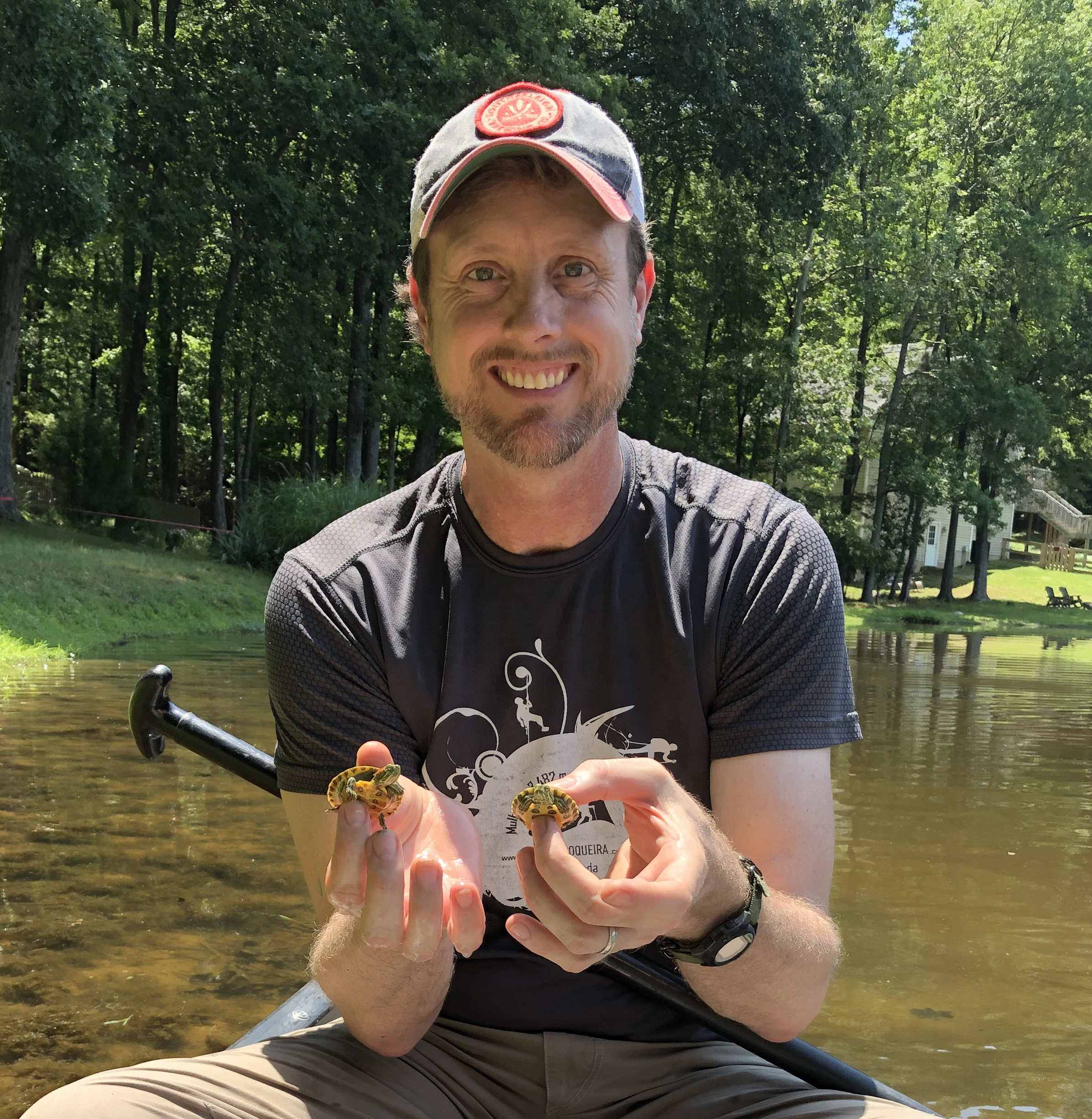
David Salisbury, Richmond University
Transboundary Political Ecology in the Amazon Borderlands: Seeking Sustainability in a Climate Crisis
Indigenous peoples are organizing across international, municipal, cultural, and biophysical boundaries in the Amazon borderlands of Brazil and Peru. These people seek to more strongly and strategically resist the influx of invader, infrastructure, and climate impacts to their homelands, forests, and rivers. As borderland residents, they recognize that the socio-environmental impacts of extractive development and infrastructure transcend political borders even as they leverage the rhetorical power of boundaries to bring attention to the challenges to their homelands. Transboundary political ecology thus presents simultaneously an activist framework for environmental justice mobilization and an applied framework for human-environment geographic research that together contend with the climate crisis exacerbated by invasive roads and extraction. Methodological strategies include participatory counter mapping, satellite image analysis of informal road and agricultural, logging, and mining expansion, legal document analysis, climate change modelling, the implementation of dynamic geo-dashboards, and an extraordinary amount of openness, listening, and patience by NGOs, academics, governmental organizations, and especially Indigenous peoples. Results demonstrate the borderlands to be multi-edged zones of innovation and diversity where cross-cultural, multi-scalar, transboundary, and multi-knowledge collaboration can be employed to effectively engage with the climate crisis.
Reception to follow.
Nelson Institute, Forest and Wildlife Ecology, LACIS https://lacis.wisc.edu/ and American Indian and indigenous studies https://am-indian-indigenous.wisc.edu/